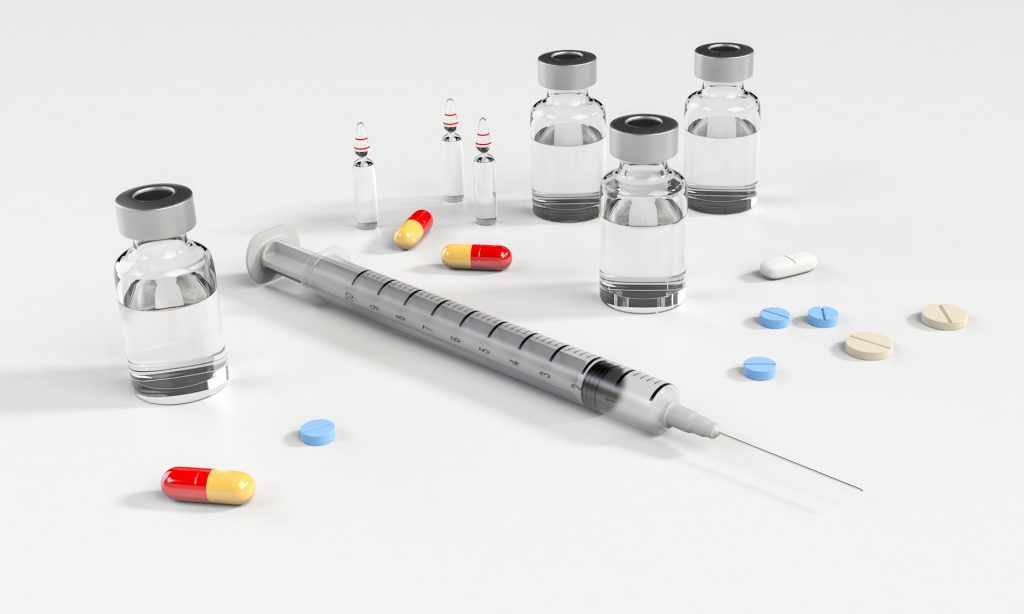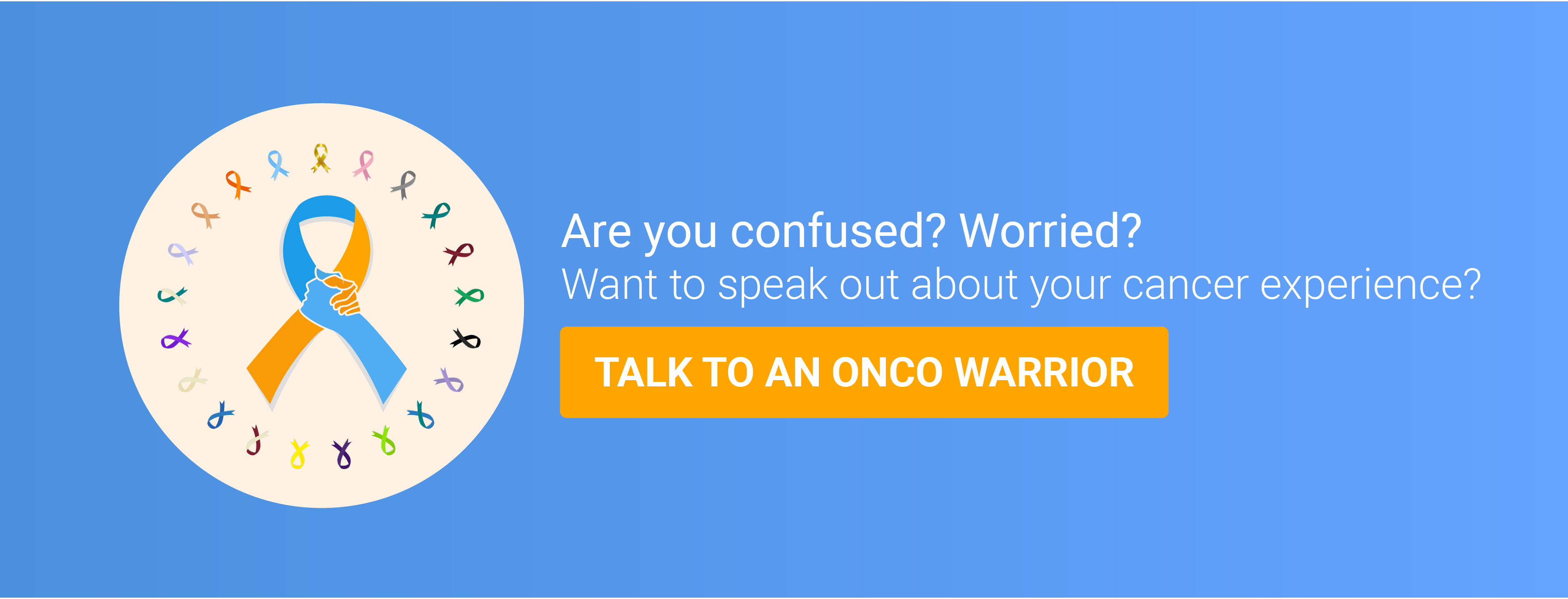Chemotherapy happens to be one of the most popular treatment modalitiesin cancer; however many patients and caregivers remain perpetually concerned about its side effects. In this piece, the Onco.com team presents accurate insights on the side effects of Chemotherapy.

Major Side Effects Of Chemotherapy
The medically confirmed major side effects of chemotherapy include the following:
- Hair Loss – This is one of the most common known side effects of chemotherapy treatment.Chemotherapy causes hair loss all over the body — not just on the scalp. This includes eyelashes, eyebrows and armpits. Varying doses of chemotherapy drugs can induce different levels of hair loss – from thinning to baldness.
- Fatigue – Many patients experience a sensation of perpetual fatigue during the course of their chemotherapy treatment. This happens because chemotherapy destroys many healthy cells in addition to the targeted cancer cells.
- Nausea/Vomiting – Chemotherapy drugs are known to cause mild to severe nausea. Patients undergoing chemotherapy are strictly advised to avoid caffeine and smoking. Chewing hard candy, popsicles, or ice during chemotherapy can provide relief from chemo-induced nausea.
- Immunosuppression – This refers to an increased susceptibility to infections caused by opportunistic pathogens, or malignancies. Chemotherapy reduces the overall White Blood Cell count, thereby lowering a patient’s general immunity and making him/her vulnerable to secondary infections.
- Anaemia – Chemotherapy is known to reduce the overall blood cell count in patients, including red blood cells, thereby causing anaemia. If chemotherapy causes anaemia, doctors may prescribe erythropoiesis-stimulating agents such as Epoetin Alfa (Epogen, Eprex, Procrit) or Darbepoetin Alfa (Aranesp)
Other Side Effects Of Chemotherapy
Aside from the major side effects, Chemotherapy may also trigger the following conditions in patients:
- Loss of Appetite
- Constipation/Diarrhoea
- Pain while swallowing
- Muscle Numbness/Tingling/Pain
- Change in the color and texture of skin and nails
- Weight changes/Weight loss
- Loss of concentration/focus (also known as ‘Chemo brain’)
- Frequent mood changes
- Loss of libido/sexual function
- Fertility problems/Trouble in conception
- Oral ulcers/Difficulty in swallowing
- Malnutrition
- Hand, Foot and Mouth Syndrome
- Discoloration of the skin on hands (a known side effect of the drug Taxanes)
- Mineral deficiencies
- Kidney problems (Caused by a rise in creatinine; A known side effect of the drug Cisplatin)
- Hearing problems (A known side effect of the drug Cisplatin)
- Liver toxicity (A known side effect of the drug Taxanes)
- Cardiomyopathy (Enlargement of the heart; A known side effect of the drug Doxorubicin)
- Skin reactions (A known side effect of the drug Docetaxel)
- Vein/skin damage due to extravasation (A known side effect of the drug Doxorubicin)
- Lung toxicity (Pulmonary fibrosis; A known side effect of the drug Bleomycin)
What Causes These Side Effects?
Chemotherapy is not a highly targeted treatment. It also affects all the other rapidly dividing cells in the body, and is likely to affect some healthy cells in addition to the cancer cells being killed.
Generally, the following types of cells are affected in addition to tumor cells:
- Bone Marrow Cells
- Hair Follicles
- Living Cells in the Digestive & Reproductive Systems
Conflict With Other Medications
Various drug interactions are known to cause conflicts with ongoing chemotherapy treatment.For example: Platelets help in blood clotting, and prevent excessive bleeding. Many chemotherapy drugs lower the number of platelets for a significant period of time. In addition to Chemotherapy, if a patient is on a course of aspirin or other similar blood-thinning medicines, it may cause severe bleeding, which a normal person (not receiving Chemotherapy) wouldn’t experience, while on the same drug.
It is very important to disclose all ongoing medicines, drugs, dietary supplements, herbal supplements/alternative medication to the consulting oncologists/doctors involved, before getting started with Chemotherapy.
Emergency Signs (When To Call Your Doctor)
Although side effects are a norm with Chemotherapy, sometimes their severity may require urgent medical attention, and should not be ignored especially when these symptoms are persistent. If a patient experiences any of the following symptoms persistently, or if the side effects are of a rapidly aggressive nature, relevant medical staff should be notified immediately.
Red Alert Signals
- Severe, unexplained bruising/bleeding
- Consistent High fever (more than 100 Deg Fahrenheit)
- Intense chills
- Rashes or allergic reactions, combined with severe itching
- Swelling of the throat/mouth
- Pain or extreme soreness at the Chemo site or Catheter site
- Intense headaches
- Shortness of breath, or trouble in breathing
- Prolonged diarrhoea/ vomiting
- Presence of blood in stool/urine
Thanks For Reading!
This is a part of our series of articles on “Is Cancer Curable?”.



